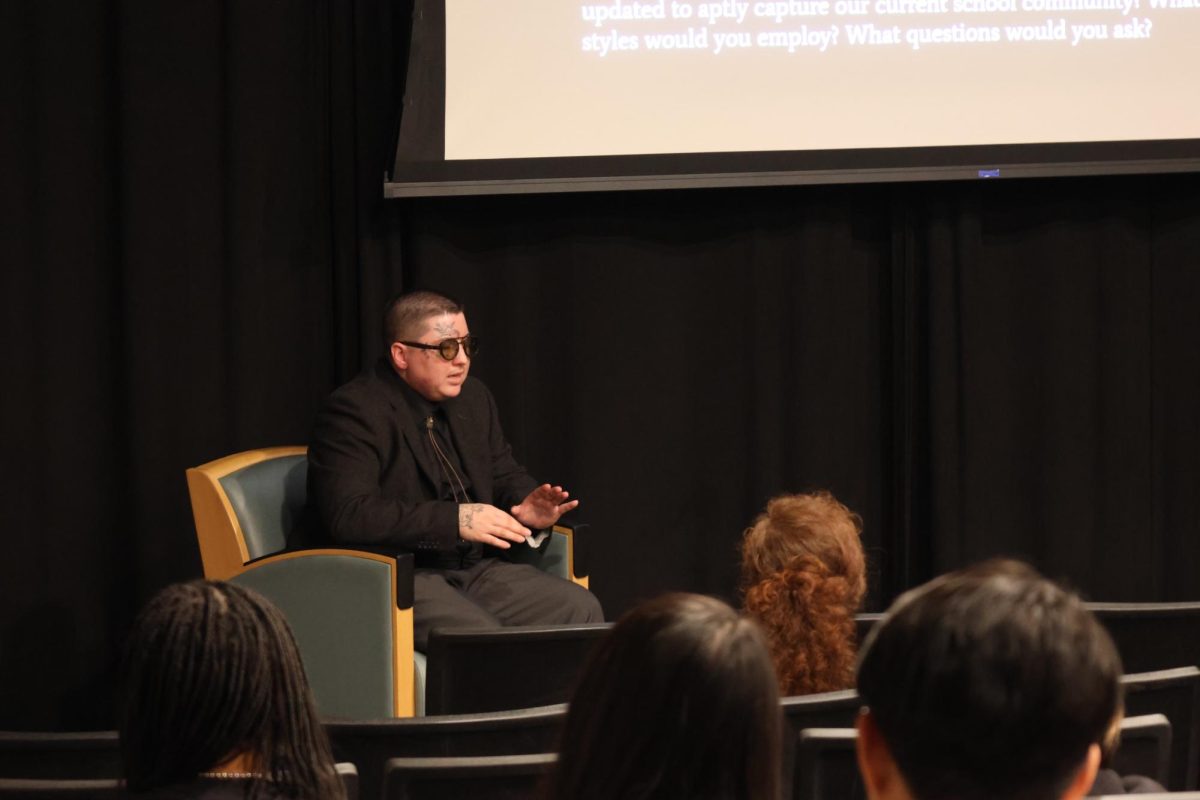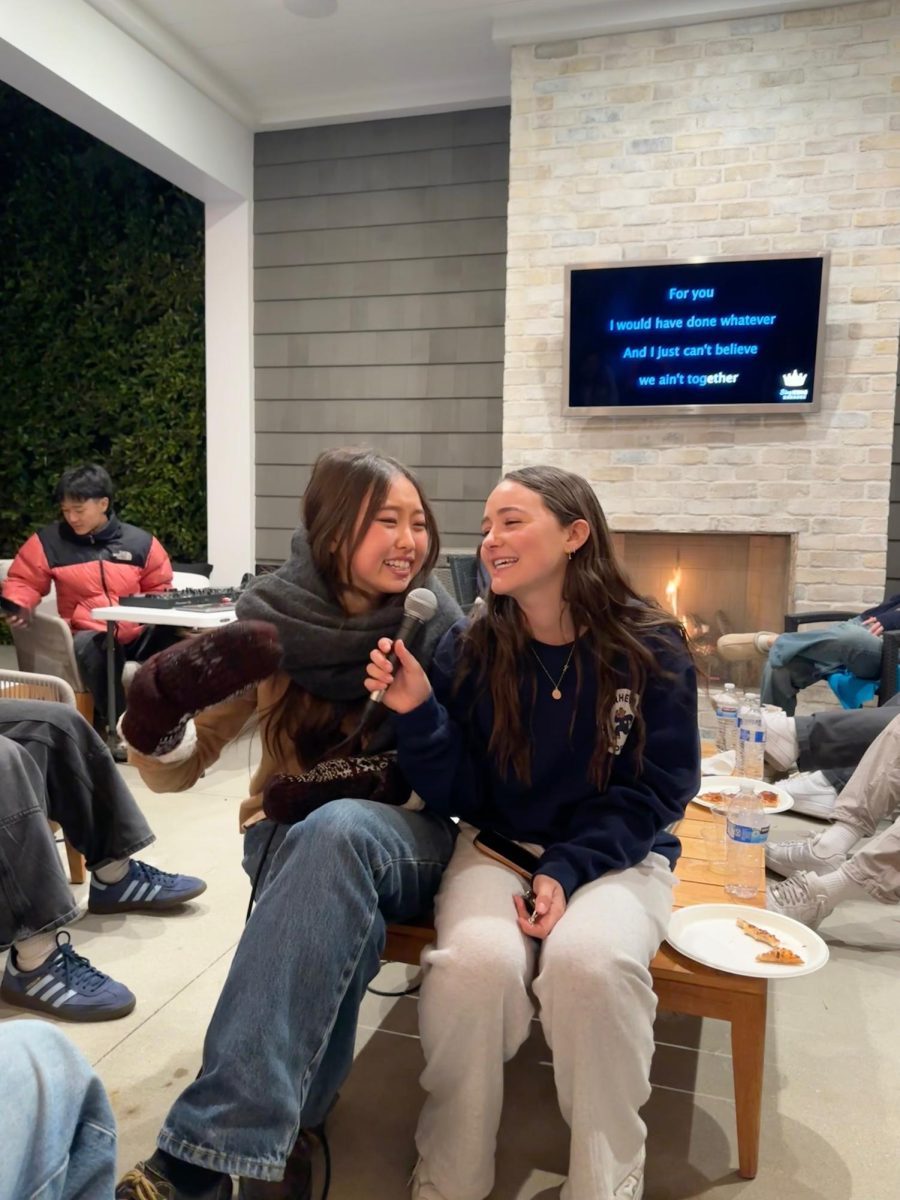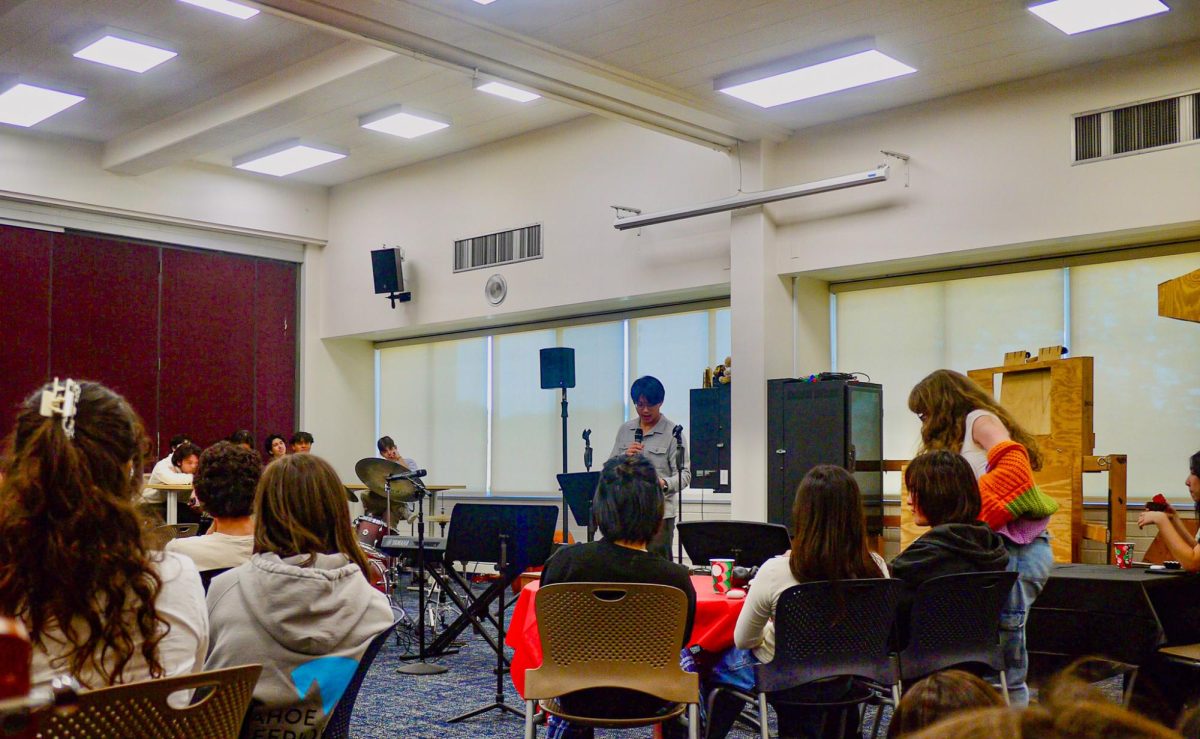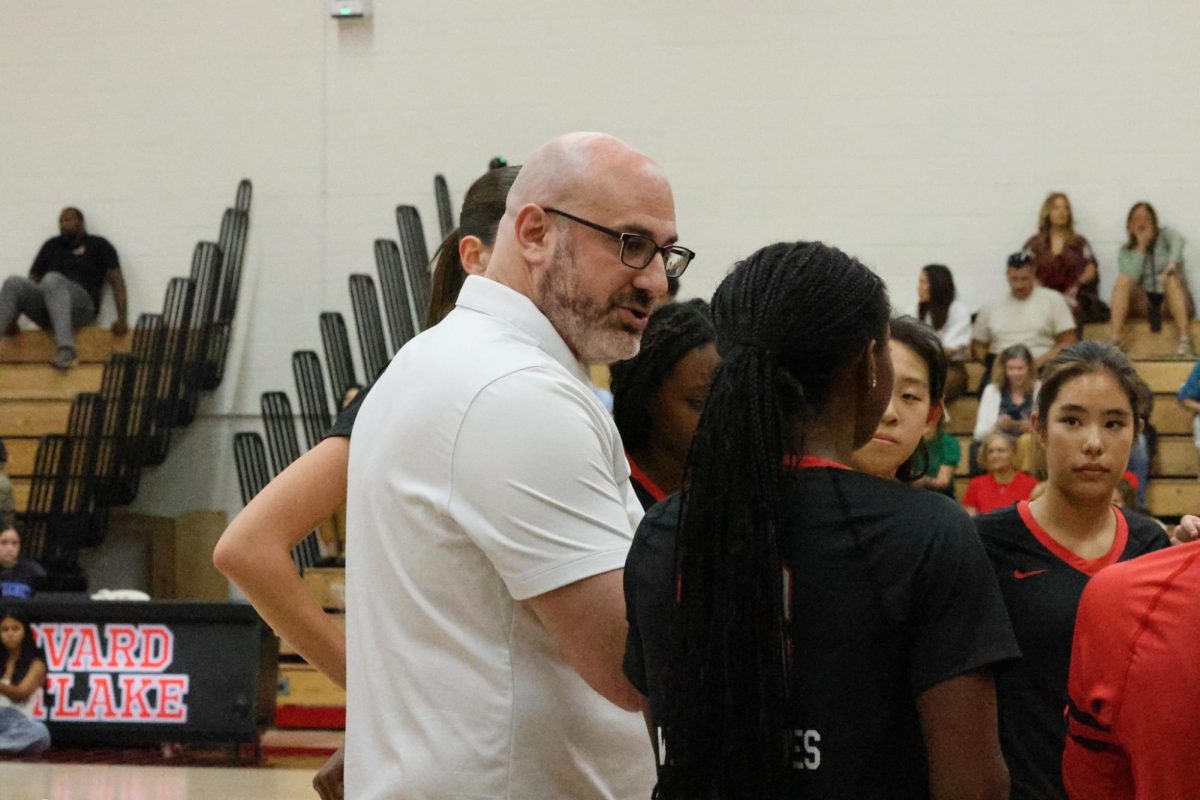Members of the Black Leadership Awareness and Culture Club (BLACC) traveled to The Proud Bird restaurant to attend the 31st annual Martin Luther King Jr. Birthday Breakfast Celebration and fundraiser for the United Negro College Fund (UNCF) on Jan. 20. UNCF hosted the event in celebration of Martin Luther King Jr. and his legacy as a pioneering member of the civil rights movement.
BLACC members commemorated the legacy of MLK during a breakfast fundraiser
Participants donated money to UNCF, a non-profit philanthropic organization that gives African American students the resources to attend and graduate college. The event also hosted several speakers, including a pastor, who discussed King’s impact in both the United States and the world, BLACC member Khyra Stiner ’21 said.
Stiner said she was inspired by the number of attendees that came to the venue and donated to UNCF.
“I attended because I thought it would be a good opportunity to celebrate the legacy of [King] on the day that is dedicated to him,” Stiner said. “I thought it was really nice how so many other people came to the fundraiser to donate to the organization as well.”
BLACC leader Remi Patton ’20 said that the affinity group is in the midst of planning other events to celebrate Black History Month in February, including a screening of the award-winning movie “Just Mercy.” Patton said that through these functions, BLACC hopes to spur discussions on campus about the importance of diversity.
“We plan on showing one or two movies that cover an issue that affects the black community, and the event will be open to anyone who wants to join,” Patton said. “I think it will be a great way for the community, students and parents alike to come together and foster interesting and pertinent discussions.”
Patton also emphasized the importance of the month in helping Americans recognize the challenges that black individuals have faced and overcome in the past.
“Black History Month is still very important even today as a way for African Americans to be able to celebrate their history and get in touch with their roots,” Patton said. “Equally importantly, it is integral as a way to spread awareness to non-black people.”

































